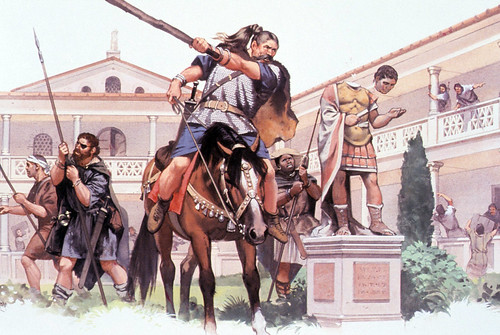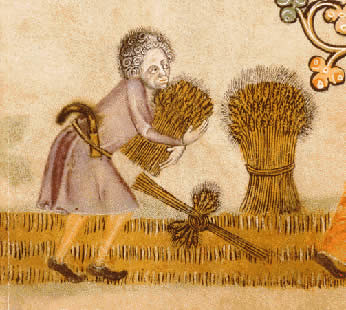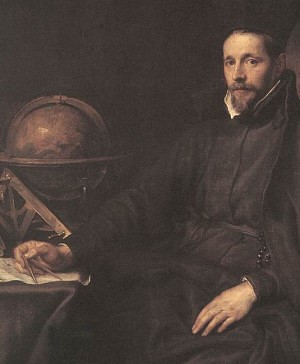
In the year AD476, warriors attacked the city of Rome and ended almost one thousand years of Roman glory. Historians mark the final fall of Rome as the end of ancient history or the 'Classical Age of ancient Rome and Greece'. The next one thousand years are known as the Middle Ages. However you may also know this period in time by its Latin term 'medium aevum' or "medieval".
 The Middle Ages is often subdivided into two halves. The earlier period is known as the 'Dark Ages' and the later period known as the 'Later Middle Ages'. Historians refer to the earlier period as the Dark Ages because the great civilizations of Rome and Greece were no longer the dominant cultures. For the people living in Europe during this time, life was very different to the life of those we have studied in Rome. Life was very hard and very few people could read or write. Unlike the Romans with their entertainments and lifestyle, people did not have a lot to look forward to. As a result most people through Europe had gained a strong belief in Christianity, and hoped that life in heaven would be better than life on earth.
The Middle Ages is often subdivided into two halves. The earlier period is known as the 'Dark Ages' and the later period known as the 'Later Middle Ages'. Historians refer to the earlier period as the Dark Ages because the great civilizations of Rome and Greece were no longer the dominant cultures. For the people living in Europe during this time, life was very different to the life of those we have studied in Rome. Life was very hard and very few people could read or write. Unlike the Romans with their entertainments and lifestyle, people did not have a lot to look forward to. As a result most people through Europe had gained a strong belief in Christianity, and hoped that life in heaven would be better than life on earth. By the year 1450 life started to get better for the Europeans. Explorers found new lands, scientists started making new discoveries that would change attitudes and long held beliefs in society and people began to rediscover the ancient world. This period in history is referred to as the “rebirth” or the “Renaissance” and is considered by historians as the beginning of modern history.
By the year 1450 life started to get better for the Europeans. Explorers found new lands, scientists started making new discoveries that would change attitudes and long held beliefs in society and people began to rediscover the ancient world. This period in history is referred to as the “rebirth” or the “Renaissance” and is considered by historians as the beginning of modern history. Exercises:
On a new page in your books create the title page “The Middle Ages”.
On the next page in your books put the heading "Emergence of the Middle Ages". Under the heading write a 1/4 - 1/2 page summary on how the Roman Empire fell using information from this link. After you have completed the summary, write the following sub-headings and the questions in your books and answer them in full sentences using the links to the websites listed below.
1. Who were the Barbarians?
2. How did they get their name?
3. What other tribes were there?
4. What year did the Roman Empire fall to the Barbarians?
5. How did this event effect the rest of Europe?
1. Who were the Franks?
2. Who was Clovis and what did he do?
3. Who was Charlemagne and what did he do?
4. What did Pope Leo III do?
5. What impact did Charlemagne have on Europe?
1. Who were the Vikings and where did they come from?
2. What advantage did they have over other Europeans?
3. What countries did they control?
4. Who was 'Erik the Red' and what did he do?
5. Who was his son and what did the legends claim he did?
6. What evidence do archaeologists have to support this claim?
1. Who were the Normans?
2. Who was William the Conqueror and what did he do?
3. What impact did he have on England?
4. What language did the Normans introduce into England? Give some examples of modern English words that were introduced by the Normans.
5. Why did they build the 'Tower of London'?
6. What is the 'Domesday Book' and what information did it contain?




 10:33 PM
10:33 PM
 Mark
Mark



0 comments:
Post a Comment